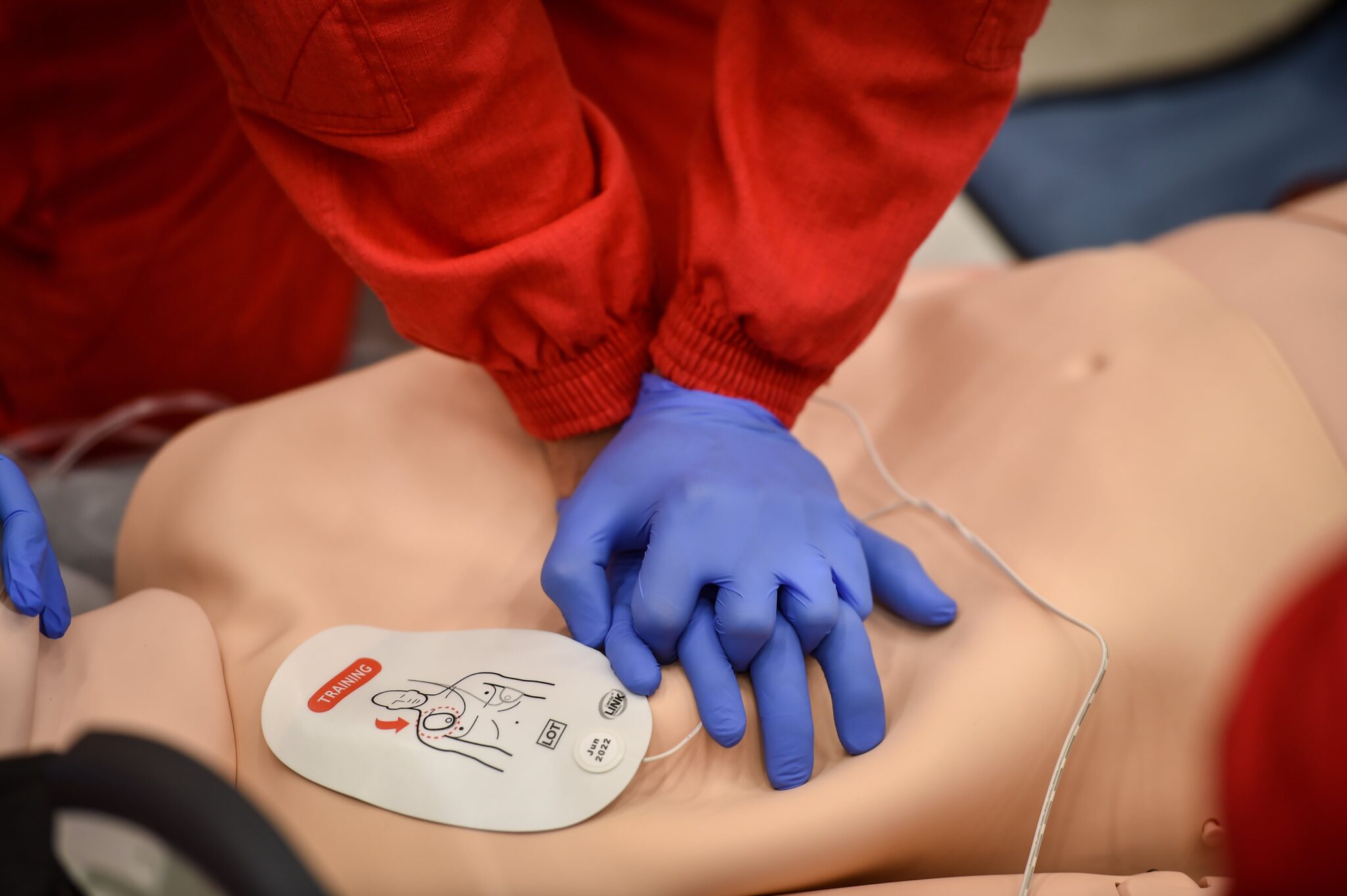
Safety Training Seminars in Livermore offers American Heart Association-certified BLS certification courses designed for healthcare professionals and first responders. These courses combine online learning with in-person skills practice, ensuring participants gain practical, life-saving experience in CPR and AED usage. With a flexible class schedule, including evenings and weekends, busy professionals can conveniently fit training into their routines. The welcoming environment encourages hands-on learning and boosts confidence in handling emergencies.
Upon completing the course, participants receive their American Heart Association certification card, valid for two years. This credential not only meets career requirements but also empowers attendees with vital emergency response skills. Choose Safety Training Seminars and be prepared to make a difference when it matters most.
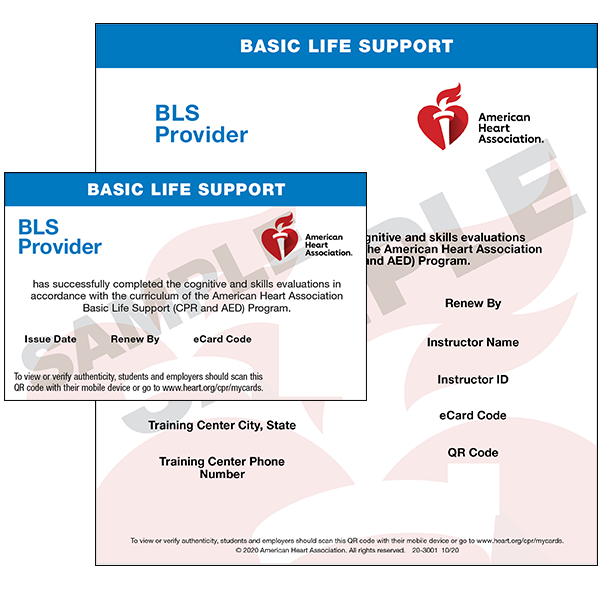
Basic Life Support
Online Course: 1-2 hours
Skills Testing: 30 minutes
100% Pass Rate Guaranteed
Lowest Prices In California
Receive Card On Class Day
Thousands of 5 Star Reviews
CE Credits to CA Dentists
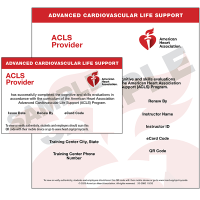
Advanced Cardiac Life Support
Online Course: 2-3 hours
Skills Testing: 30 minutes
100% Pass Rate Guaranteed
Lowest Prices In California
Receive Card On Class Day
Thousands of 5 Star Reviews
Some Professions: 2-3 CEU
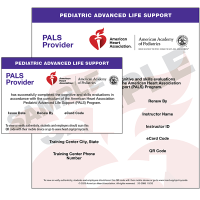
Pediatric Advanced Life Support
Online Course: 2-3 hours
Skills Testing: 30 minutes
100% Pass Rate Guaranteed
Lowest Prices In California
Receive Card On Class Day
Thousands of 5 Star Reviews
Some Professions: 3.75-5 CEU
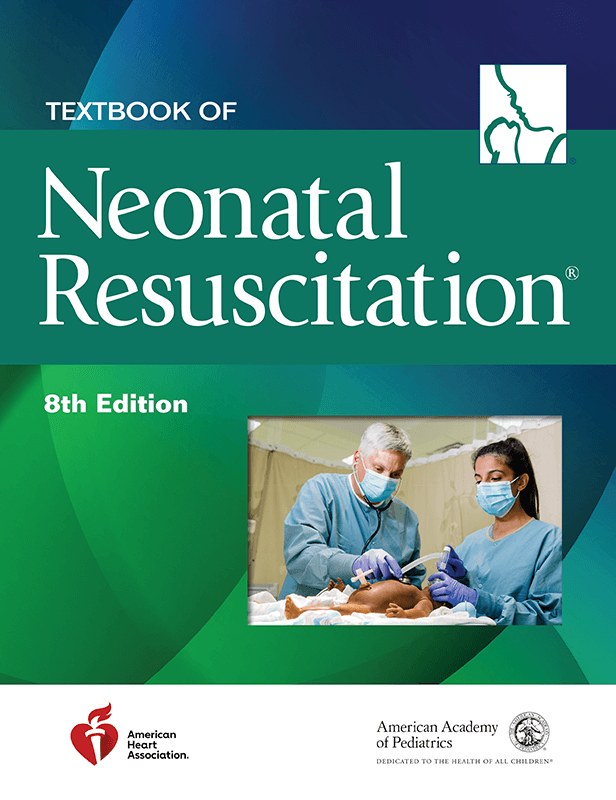
Neonatal Resuscitation Program
Online Course: 2-3 hours
Skills Testing: 3 hours
100% Pass Rate Guaranteed
Lowest Prices In California
Receive Card On Class Day
Thousands of 5 Star Reviews
Some Professions: 4 CEU
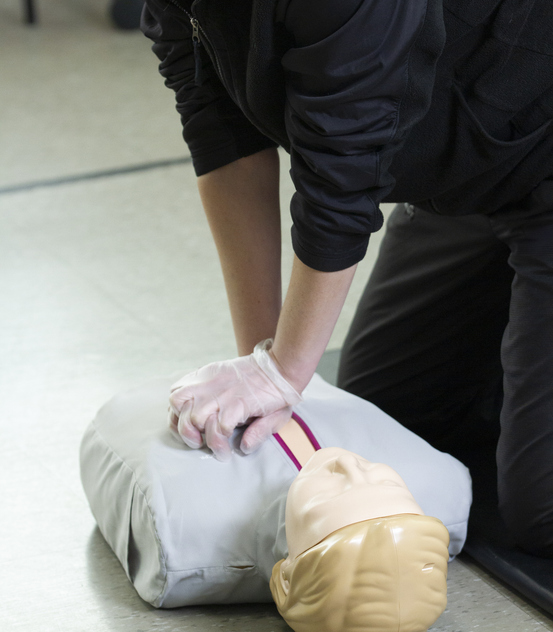
Audience: General public
Topics: CPR for all age groups, AED use, bleeding, epi-pen, etc
Online Session: 1 Hour
Skills Testing: 30 minutes
Card: Safety Training Seminars
Certification: Valid 2 years
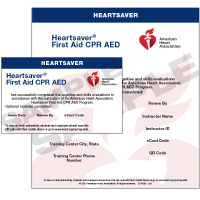
Audience: General public
Topics: CPR for all age groups, AED use, bleeding, epi-pen, etc
AHA Online Course: 1-2 Hours
Skills Testing: 30-45 minutes
Card: American Heart Association
Certification: Valid 2 years
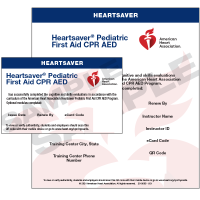
Audience: CA childcare providers
Topics: CPR for all age groups, AED use, bleeding, epi-pen, etc
AHA Online Course: 1-2 Hours
Skills Testing: 30-45 minutes
Card: American Heart Association
Certification: Valid 2 years
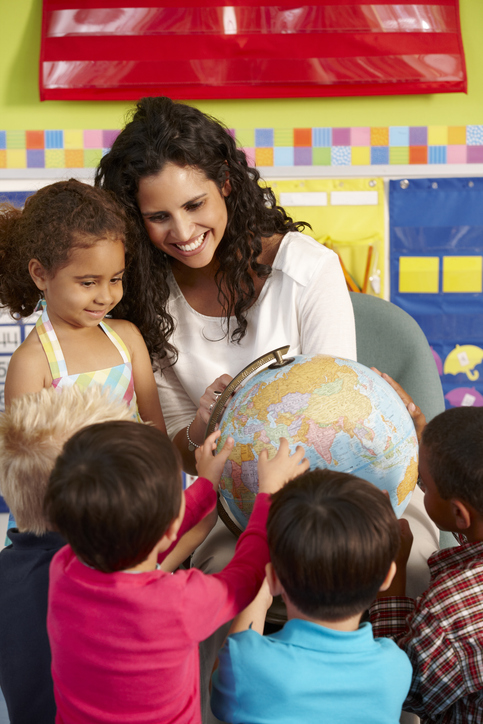
Audience: Childcare providers
Topics: Lead poisoning, nutrition, infectious disease,etc
Zoom Course: 8 Hrs (state law)
Skills Testing: 30-45 minutes
Card: EMSA Health & Safety
Certification: No expiration
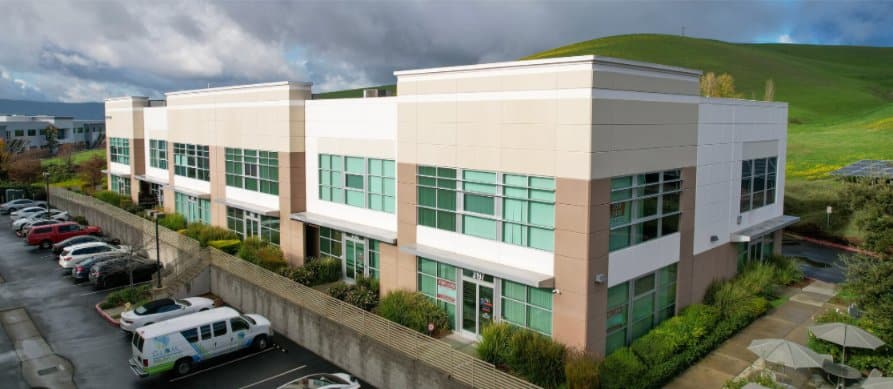
Did you recently complete your American Heart Association training at our Livermore location? We’d love to hear about your experience! Leaving a review on Google, Yelp, or Facebook not only supports our women-owned small business but also helps others in Livermore discover valuable life-saving training close to home.
Your feedback shows new students—from nurses to parents to teachers—the value of these classes. Many of our students find us through recommendations from neighbors and professionals in the area, so your review makes a real difference. Whether it’s about what you learned, the support you received, or the overall experience, your honest words help us grow and serve our Livermore community even better.
Thank you for helping us continue to provide this essential training to our local community. Together, we can make a difference!
Safety Training Seminars offers BLS, CPR, and First-aid classes in Livermore to equip individuals with essential life-saving skills. These classes are designed for nurses, teachers, parents, and any community members who want to be prepared during emergencies. Through hands-on training and expert instruction, you’ll gain the confidence to respond effectively to cardiac events, injuries, or medical situations that require immediate care.
Choosing Safety Training Seminars means learning from a trusted, women-owned small business committed to excellence. Our American Heart Association-certified programs are not only thorough but also accessible, making it easy to find a class that fits into your busy schedule. We strive to create a supportive environment where students of all experience levels feel comfortable asking questions and actively participating.
Located right here in the heart of Livermore, we take pride in serving our local community. By training neighbors and professionals alike, we help build a safer, more prepared Livermore. Whether you’re looking to meet workplace requirements, feel more secure as a parent, or simply want to make a difference, our classes offer the tools you need to act when seconds matter most.
Livermore, CA, benefits from quality healthcare and access to nearby medical education institutions. Stanford Health’s ValleyCare Medical Center in neighboring Pleasanton is a crucial healthcare provider for the area, offering specialties such as orthopedics, cardiology, and maternity care. Additionally, the UCSF School of Medicine in San Francisco, roughly an hour away, delivers exceptional medical education and cutting-edge research opportunities. This renowned institution prepares the next generation of healthcare experts while advancing medical innovations. Together, these hospitals and educational facilities ensure Livermore residents receive expert care and benefit from ongoing medical advancements, fostering a healthier, more informed community.
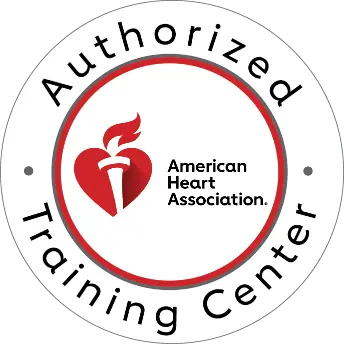
Customer reviews showcase the level and quality of service a website provides.
Trustindex collaborates with 134 review platforms to provide website visitors easy access to all real and verified reviews in one place.
Reviews from other platforms are displayed and added to the ratings only if they are proven spam-free and meet Trustindex's guidelines.
Trustindex continuously measures the satisfaction of your customers based on evaluations. Less than 1% of the customers surveyed indicated a problem.
The website's contact information and business information has been independently verified by Trustindex.
The website is constantly checked for security issues by Trustindex.

Websites that continuously maintain a high level of customer satisfaction and comply with a high level of security protocol can obtain a Trustindex certificate. When shopping, look for Trustindex certificates and buy with confidence.
More details »
For businesses
Build trust and increase sales with Trustindex certification.
More details »